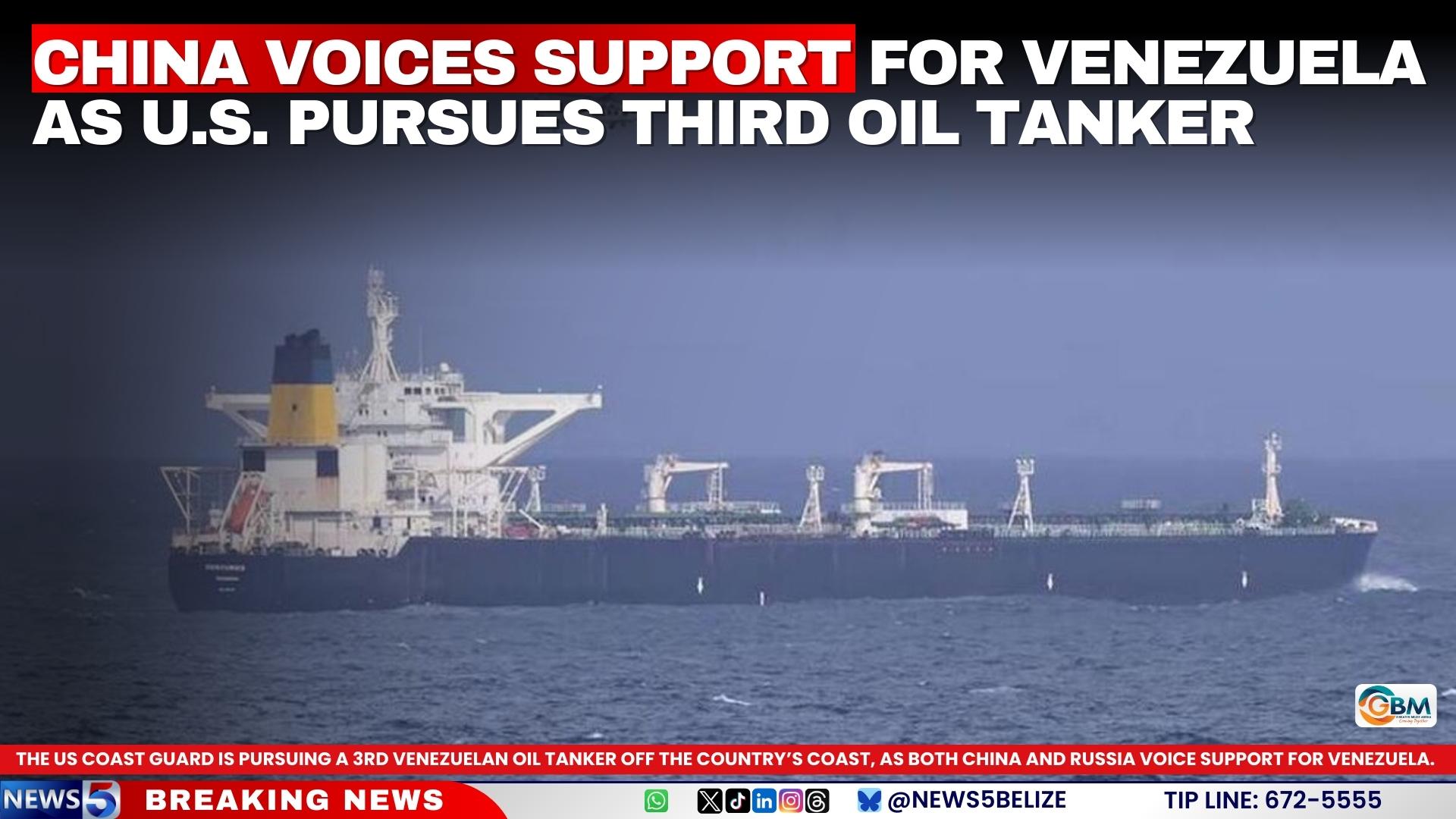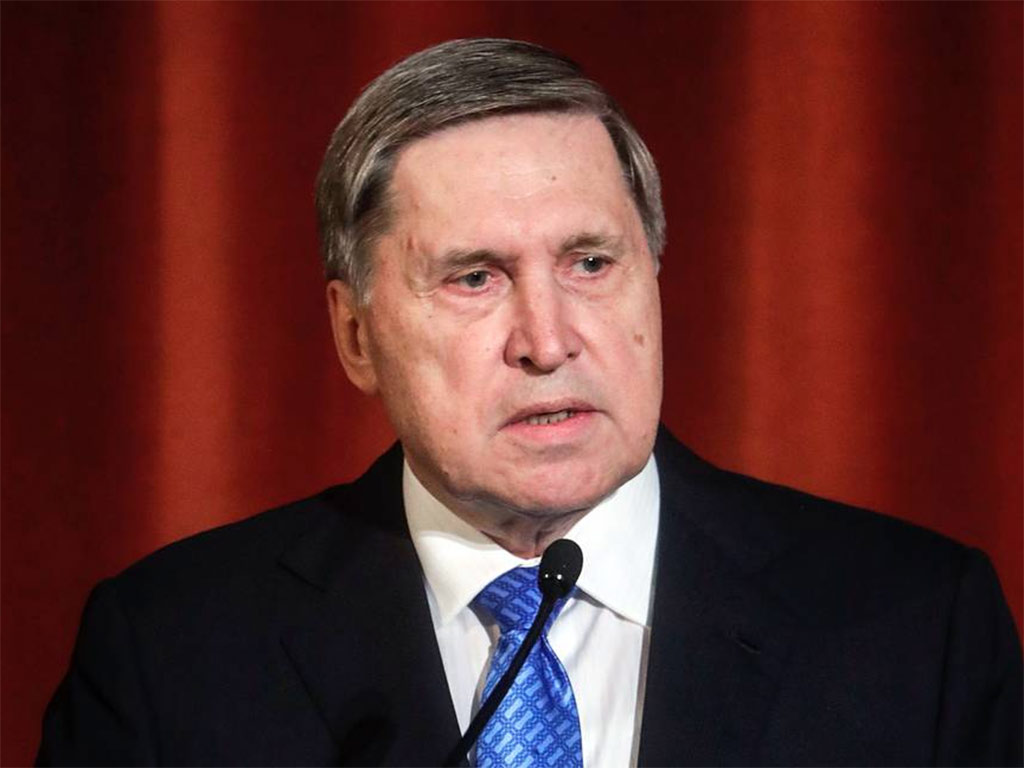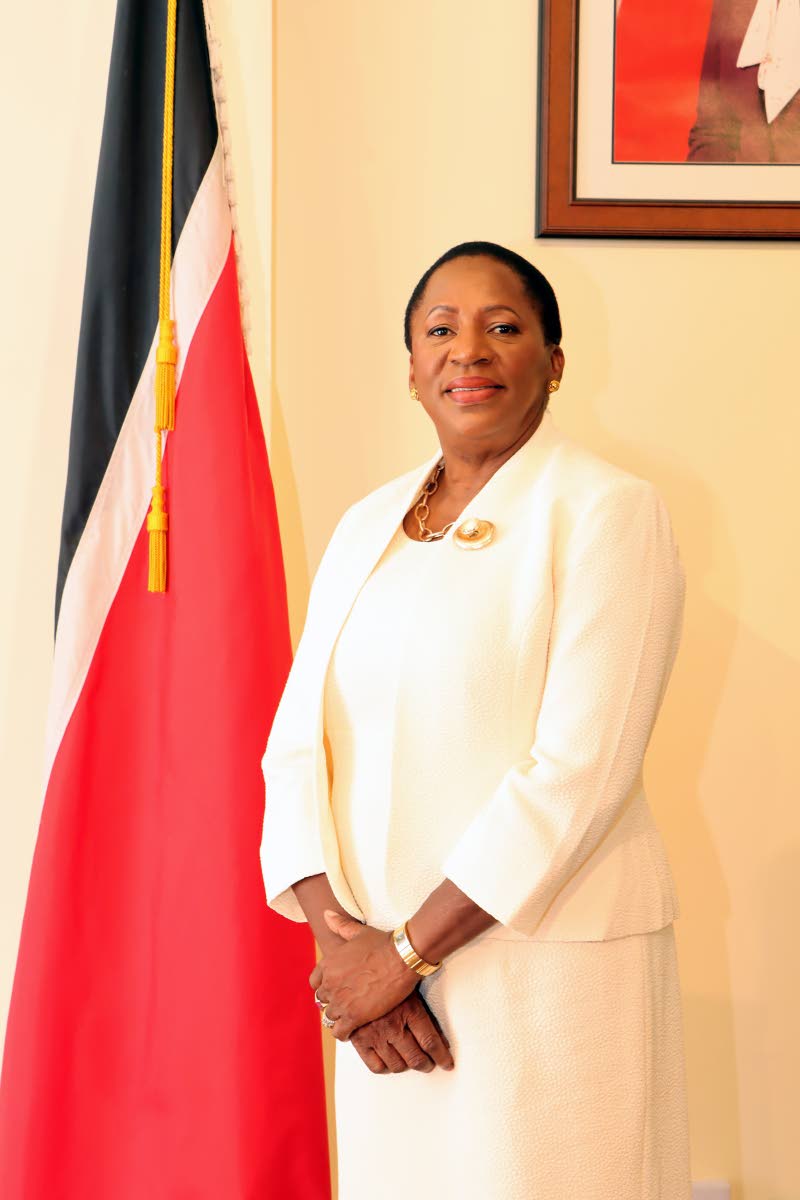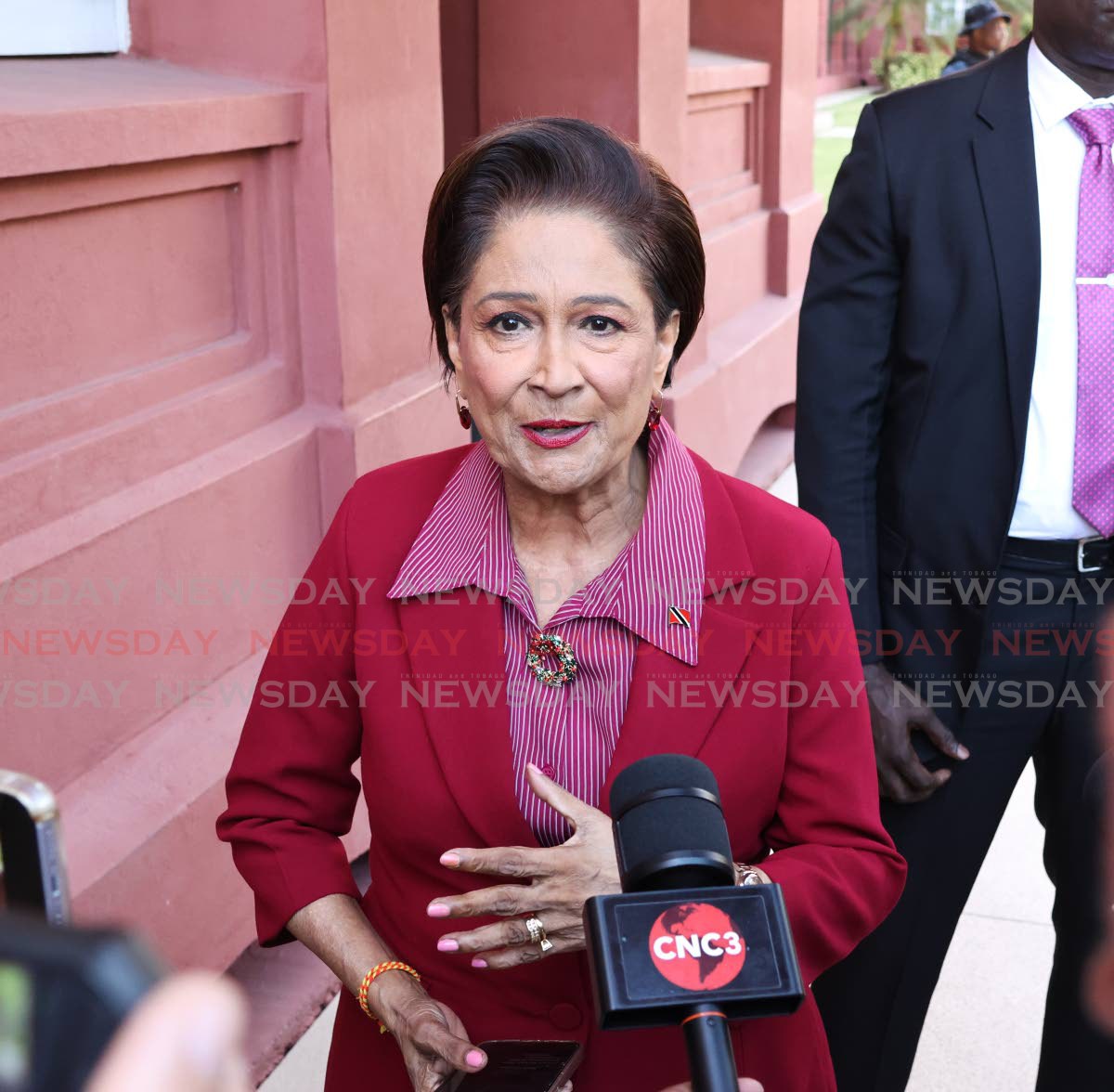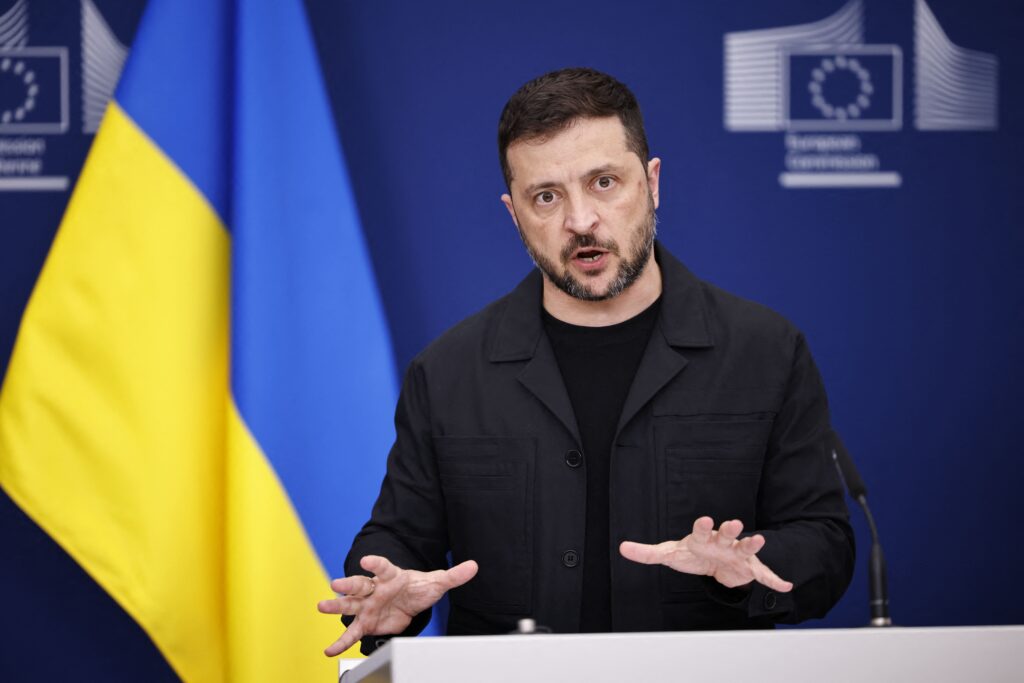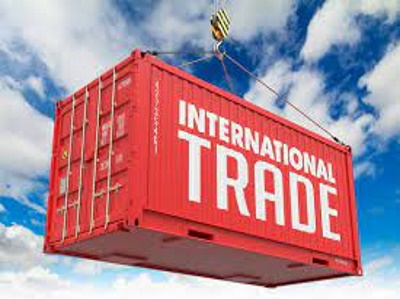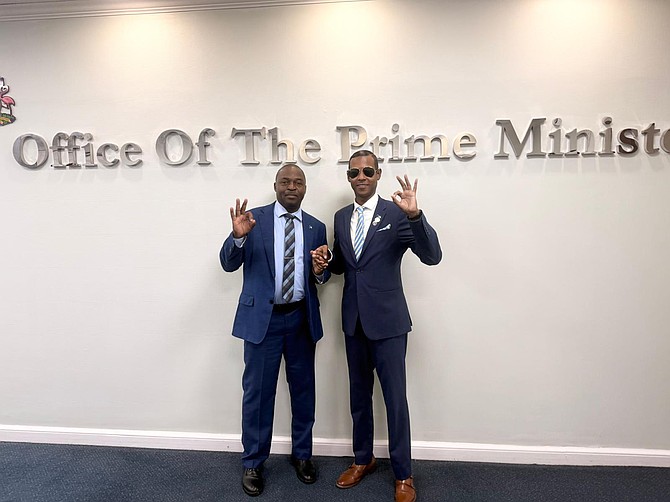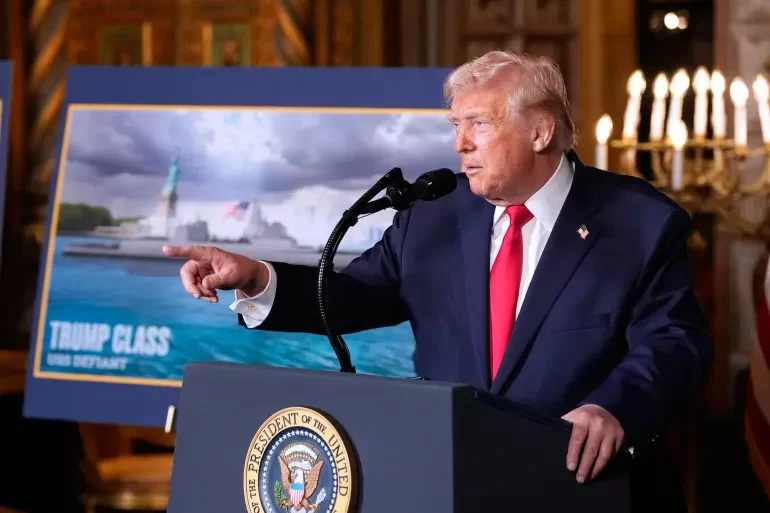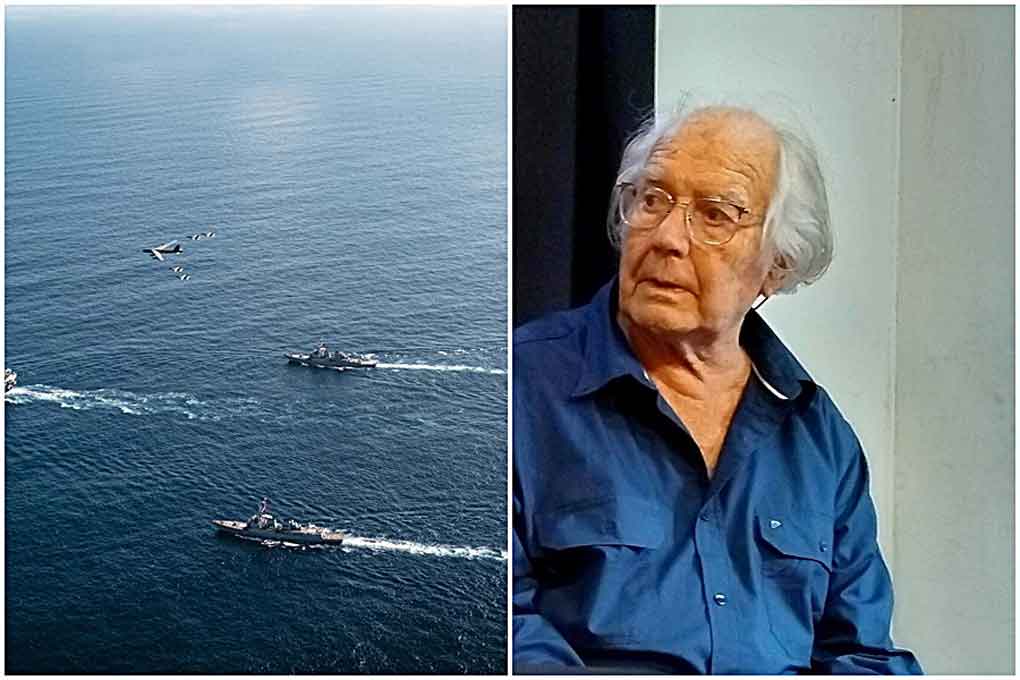Tensions escalated in the Caribbean Sea as the United States Coast Guard intensified its maritime operations, pursuing a third Venezuelan-flagged oil tanker in international waters. This development marks the latest chapter in an ongoing geopolitical confrontation involving global superpowers.
The Chinese government issued a formal condemnation through Foreign Ministry spokesperson Lin Jian, characterizing Washington’s actions as a ‘flagrant breach of established international legal frameworks.’ The diplomatic statement emphasized Beijing’s firm opposition to ‘any measures that contravene the fundamental principles enshrined in the United Nations Charter or compromise the sovereign integrity and national security of independent nations.’
China explicitly endorsed Venezuela’s entitlement to autonomous economic development and unrestricted trade relations. ‘The People’s Republic of China acknowledges and affirms Venezuela’s position in protecting its lawful rights and interests,’ Lin asserted during the press briefing.
Concurrently, U.S. President Donald Trump provided unambiguous clarification regarding the disposition of previously confiscated petroleum from two Venezuelan vessels. The Commander-in-Chief outlined multiple potential scenarios for the appropriated resources, indicating they might be ‘marketed commercially, retained for federal use, or allocated to the strategic petroleum reserve.’ President Trump further confirmed that the detained ships would remain in U.S. custody indefinitely.
The White House maintains that its enhanced naval deployment in the region exclusively targets narcotics interdiction efforts. Pentagon officials reference over twenty-five tactical engagements against vessels suspected of drug trafficking operations across Pacific and Caribbean maritime corridors.
Venezuelan leadership vehemently disputes these allegations, denying any institutional involvement in narcotics distribution networks. Caracas alleges that the Trump administration’s true objective involves orchestrating the ouster of President Nicolás Maduro to commandeer Venezuela’s substantial petroleum reserves, recognized globally as the most extensive certified deposits worldwide.
